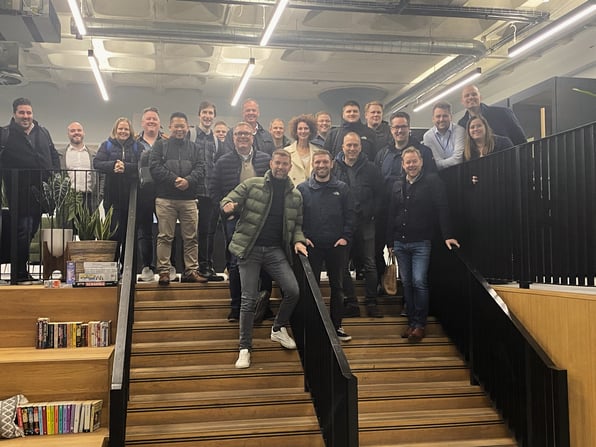The technology sector is the fastest growing industry in the world. In 2021, it is predicted to reach 5 trillion dollars and lead to an unprecedented level of demand for engineers.
Attracting more talent to the engineering sector is vital for economic growth and Bluecube is actively involved in bridging the skill shortage gap by hiring four apprentices this year alone.
Historically the engineering industry has been dominated by men and in the UK, women make up just 12.3% of engineers. We sat down with Naomi Harris, a FCR engineer at Bluecube to share her journey into engineering; discussing being ‘a late starter’ and a female engineer in the workplace.







